 |
| Taken from Google |
Water is often taken for granted, yet its significance cannot be
overstated. It is the elixir of life, essential for the survival and thriving
of all living beings on this planet. In this blog post, we will delve into the
dual importance of water, both for human health and the environment.
The Importance of Water for Human Health
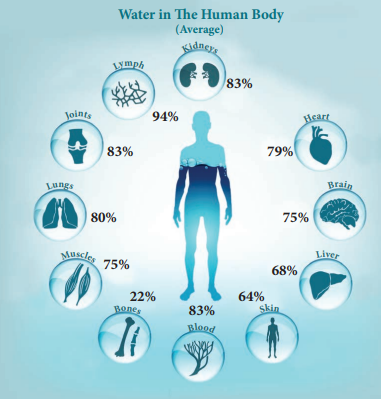 |
| Taken from Google |
- Hydration and Bodily Functions
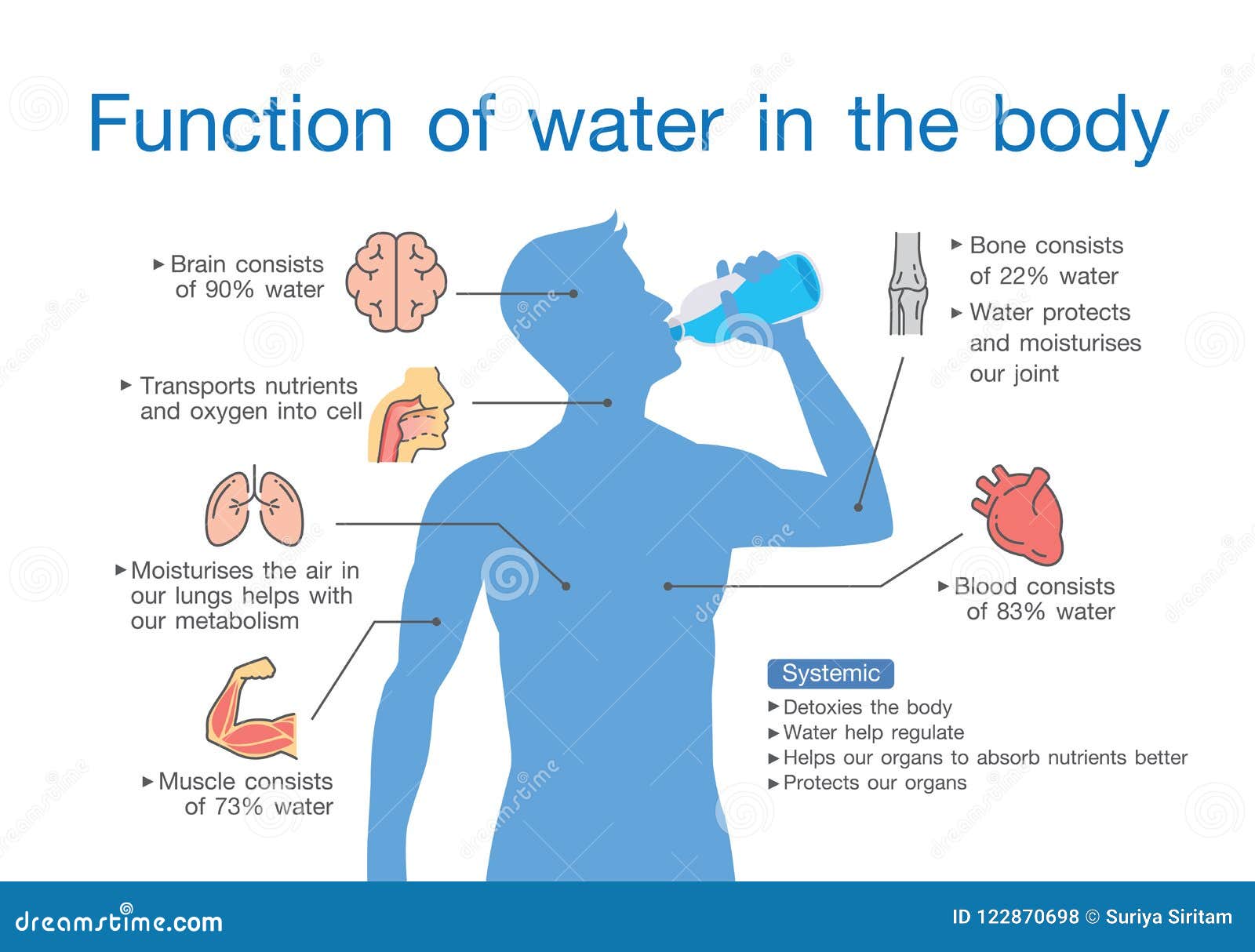 |
| Taken from Google |
Water is the primary component of the human body, making up approximately
60% of our total body weight. It is crucial for various bodily functions,
including digestion, absorption, circulation, and temperature regulation.
Without proper hydration, these processes can be compromised, leading to a
range of health issues.
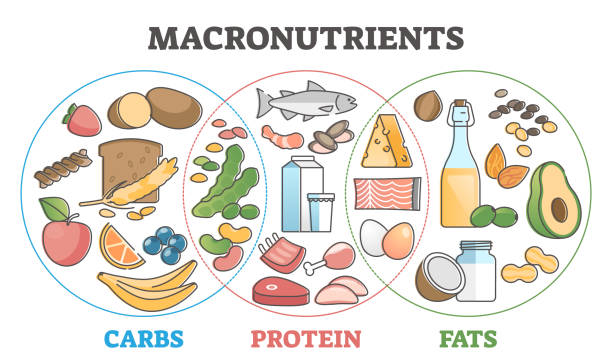 |
| Taken from Google |
Water acts as a transportation system for essential nutrients, carrying
them to cells and organs. This allows our bodies to absorb vitamins, minerals,
and other vital elements necessary for growth and maintenance.
- Detoxification and Waste Removal
 |
| Taken from Google |
Adequate water intake supports the kidneys in filtering waste products and
toxins from the blood. It helps eliminate these substances through urine,
preventing their buildup in the body, which can lead to health problems over
time.
- Joint Lubrication and Cushioning
 |
| Taken from Google |
Joints, such as those in the knees and elbows, rely on proper hydration for
lubrication. This reduces friction and allows for smooth movement, preventing
discomfort and potential damage.
The Environmental Significance of Water
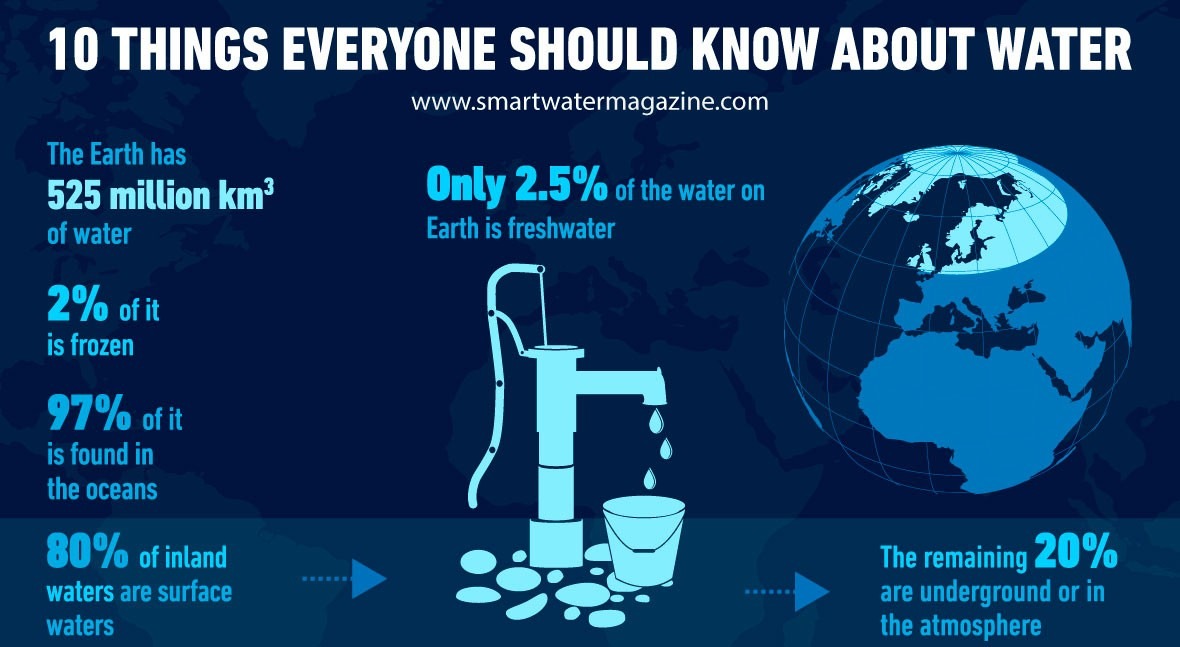 |
| Taken from Google |
- Ecosystems and Biodiversity
 |
| Taken from Google |
Water is the lifeblood of ecosystems around the world. Freshwater habitats,
including rivers, lakes, and wetlands, support a rich diversity of plants,
animals, and microorganisms. These ecosystems play a critical role in maintaining
global biodiversity.
 |
| Taken from Google |
Oceans and other bodies of water act as natural climate regulators. They
absorb and store heat, helping to stabilize temperature patterns. Additionally,
they play a vital role in the water cycle, influencing rainfall and weather
patterns.
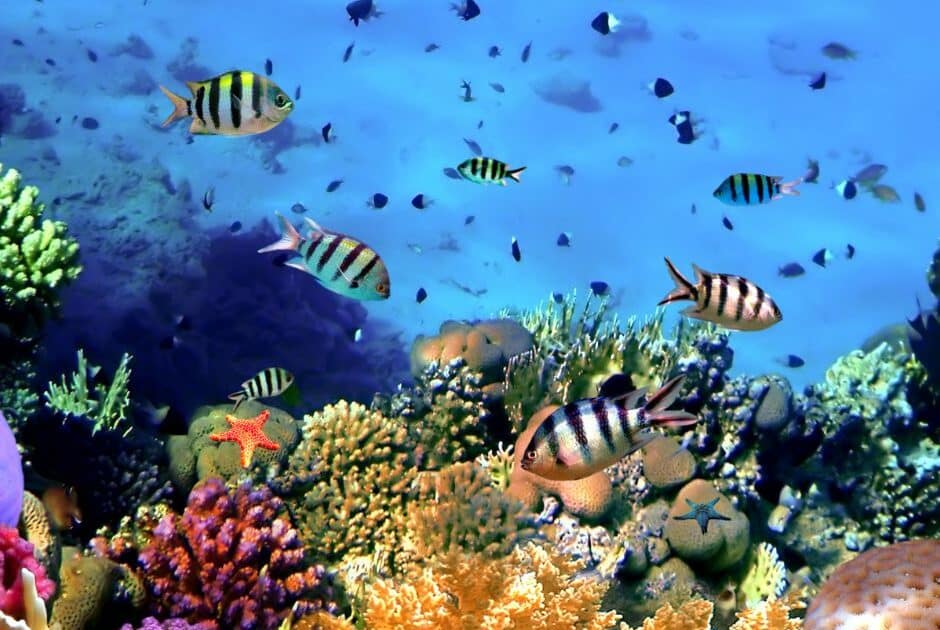 |
| Taken from Google |
Oceans, rivers, and lakes are home to a vast array of aquatic species. They
provide breeding and feeding grounds for fish, amphibians, reptiles, and
countless other organisms. Protecting these habitats is crucial for the
preservation of marine and freshwater biodiversity.
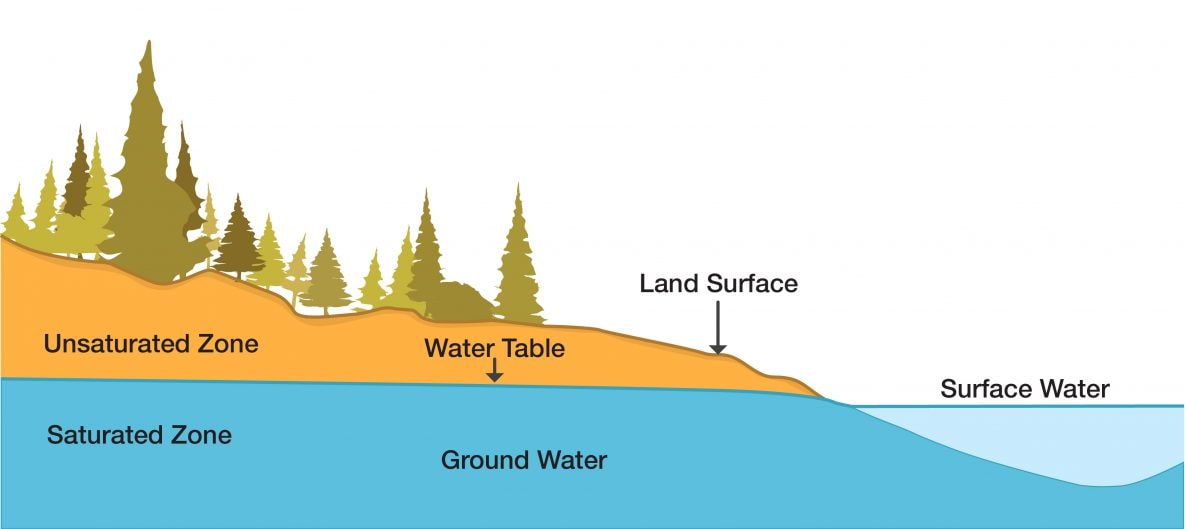 |
| Taken from Google |
Clean, accessible water sources are essential for human communities. It is
not only crucial for consumption but also for sanitation, agriculture, and industry.
The availability of clean water directly impacts public health and economic
development.
Conclusion
The importance of water cannot be overstated. It is a fundamental component
of our bodies, essential for optimal health and well-being. Simultaneously,
water is the cornerstone of our environment, supporting diverse ecosystems and
regulating global climate patterns. Recognizing the vital role of water in both
human health and the environment is the first step toward responsible water
conservation and management. By understanding and appreciating the significance
of water, we can work towards a more sustainable and balanced future for all
living beings on Earth.












0 Comments